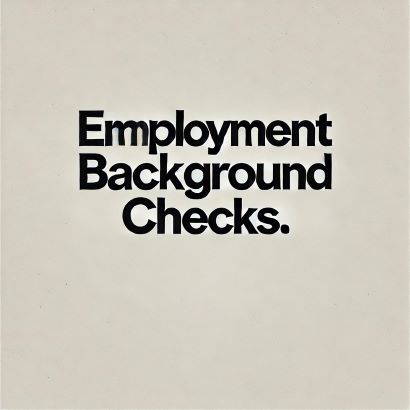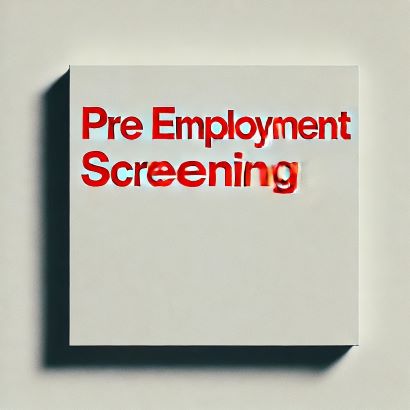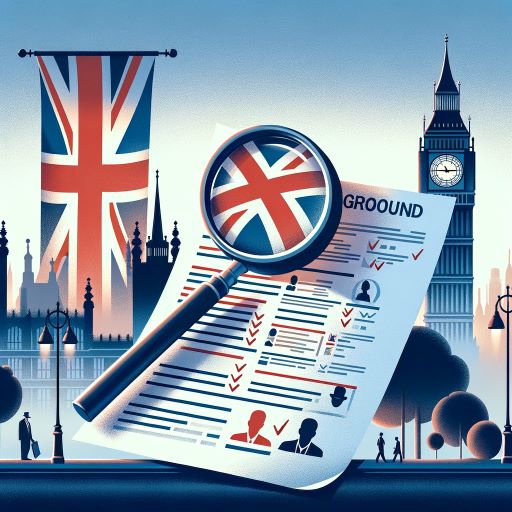background check
C�o�u�r�t� �r�e�c�o�r�d�s
• Shielding your company from potential legal challenges.
While it may not investigate as much detail as higherlevel checks, the Basic DBS Check remains a valuable tool for employers seeking a quick overview of an individual's criminal background. It offers a streamlined approach to screening applicants, ensuring a level of security in the hiring process without unnecessary complexity.
How Can You Do a Background Check on Someone Uk? To do a background check on someone in the UK, you can request different levels of Disclosure and Barring Service (DBS) checks based on the role. Employers often seek these checks for employees, with options like basic, standard, enhanced, or enhanced with barred lists available.



